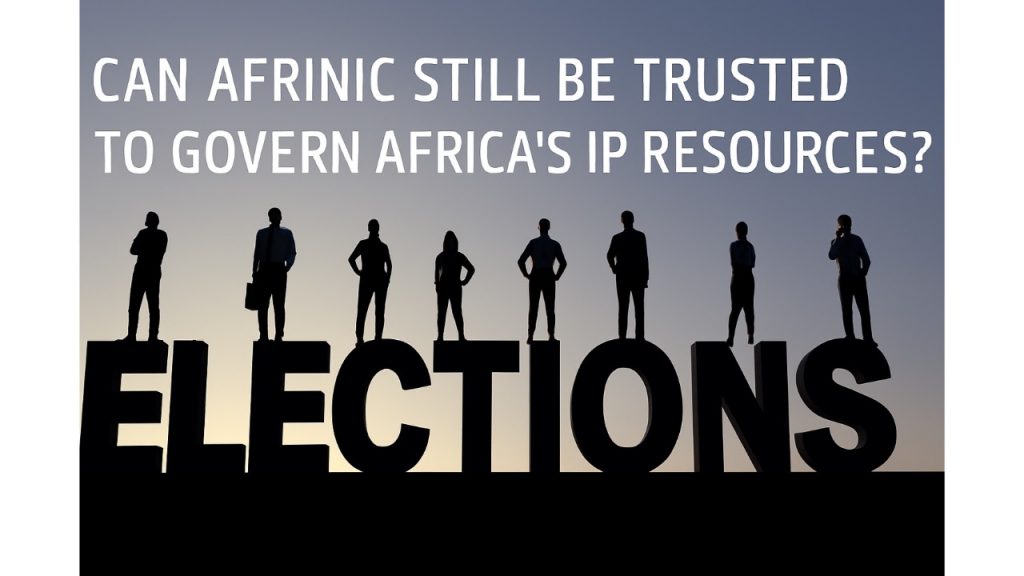- AFRINIC annulled its 2025 board election over a single disputed proxy vote.
- The decision silenced small African ISPs and undermined trust in regional internet governance.
A disproportionate decision shakes confidence in Africa’s internet governance
In the hours before the final votes were tallied in AFRINIC’s long-delayed board election on June 23, 2025, something extraordinary happened. AFRINIC’s leadership, acting without judicial order or transparency, canceled the entire election. Their justification? A single disputed proxy vote.Not hundreds of fraudulent votes. Not a hacked system.
Just one case — still unverified — in which a member reportedly claimed a proxy was submitted without consent. That one complaint, out of more than 800 total votes submitted, was used to justify nullifying an election that was years in the making and explicitly sanctioned by Mauritius’s Supreme Court.
It is a decision so disproportionate, so detached from electoral norms, that it demands urgent scrutiny — not only from AFRINIC’s members, but from the global internet governance community.
Also read: EXPOSED: The letter that reveals who was really benefitting from AFRINIC’s lawsuits
Also read: Is the AFRINIC election process compliant with Mauritian corporate law?
Protecting proxy votes upholds fair elections
Proxy voting is a vital lifeline for AFRINIC’s many small and remote members, enabling their voices to be heard in governance decisions despite geographical and logistical barriers. For countless Internet Service Providers (ISPs) scattered across Africa’s vast and often underserved regions, proxy voting is not just a convenience—it is the only practical means of participating in crucial elections that shape the future of internet resource management on the continent.
Yet, in the 2025 AFRINIC board election, hundreds of these legitimate proxy votes were summarily discarded due to the discovery of a single disputed proxy submission. One of the largest proxy agents, Number Resource Ltd, reported that by the time AFRINIC abruptly halted the election process, it had managed to cast only 20% of its allocated proxies.
This abrupt freeze effectively silenced dozens of small and medium-sized ISPs operating on the margins of Africa’s internet infrastructure, many of whom rely exclusively on proxy representation to engage with AFRINIC’s governance. This is not a minor procedural error or a technical oversight; it represents the disenfranchisement of a significant portion of AFRINIC’s membership base—members whose inclusion is critical to a truly representative and equitable governance system.
Fundamental principles of election integrity demand proportional remedies. When a single ballot or proxy is found to be invalid or fraudulent, the correct response is to isolate and invalidate only that specific vote, preserving the integrity of the broader election.
This approach not only respects the rights of the vast majority of voters but also upholds public trust in the electoral process. Instead, AFRINIC chose the extreme and unprecedented measure of annulling the entire election, discarding hundreds of valid votes alongside one suspicious ballot. Such a decision is disproportionate, undermines confidence in the organization, and contradicts widely accepted democratic standards.

